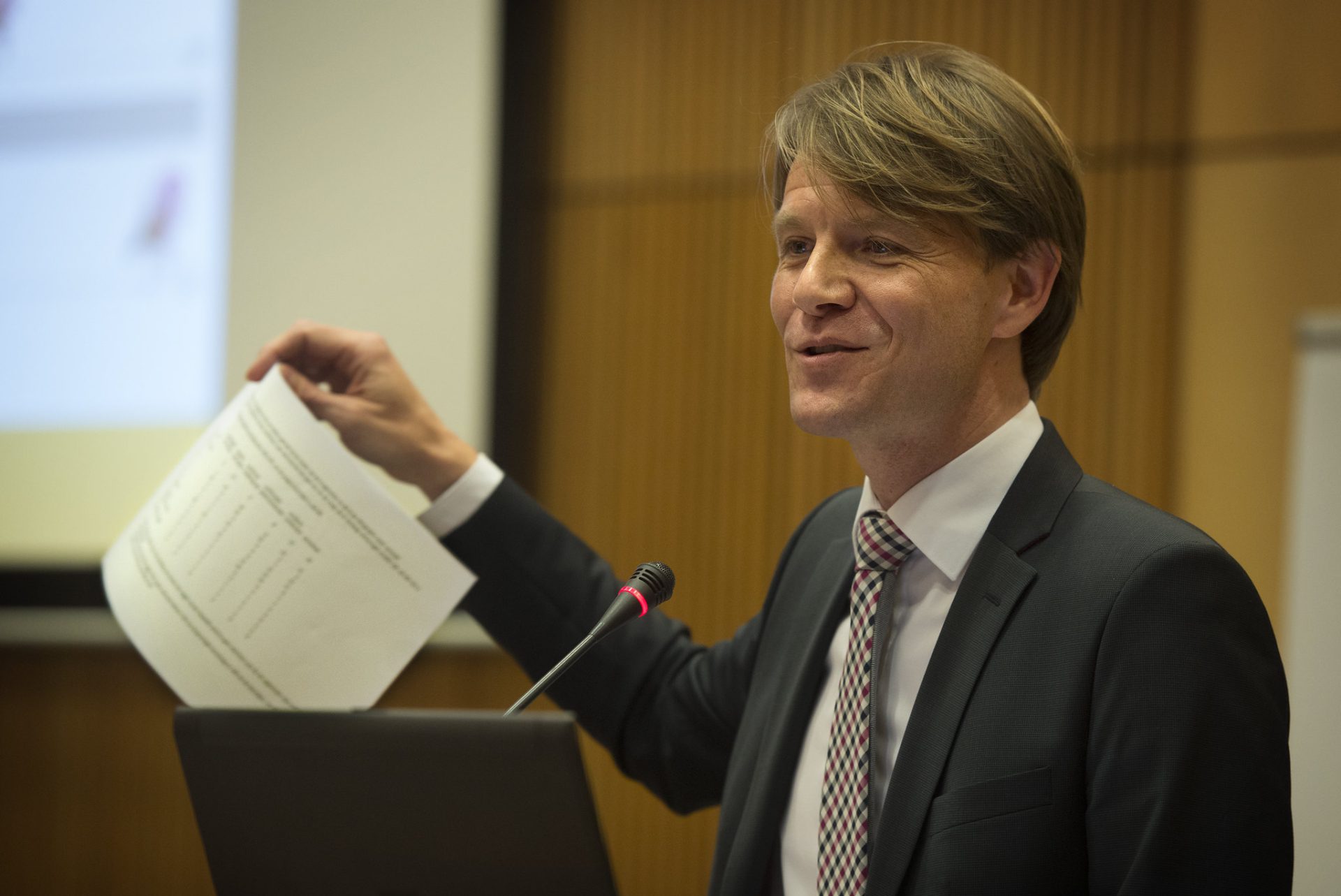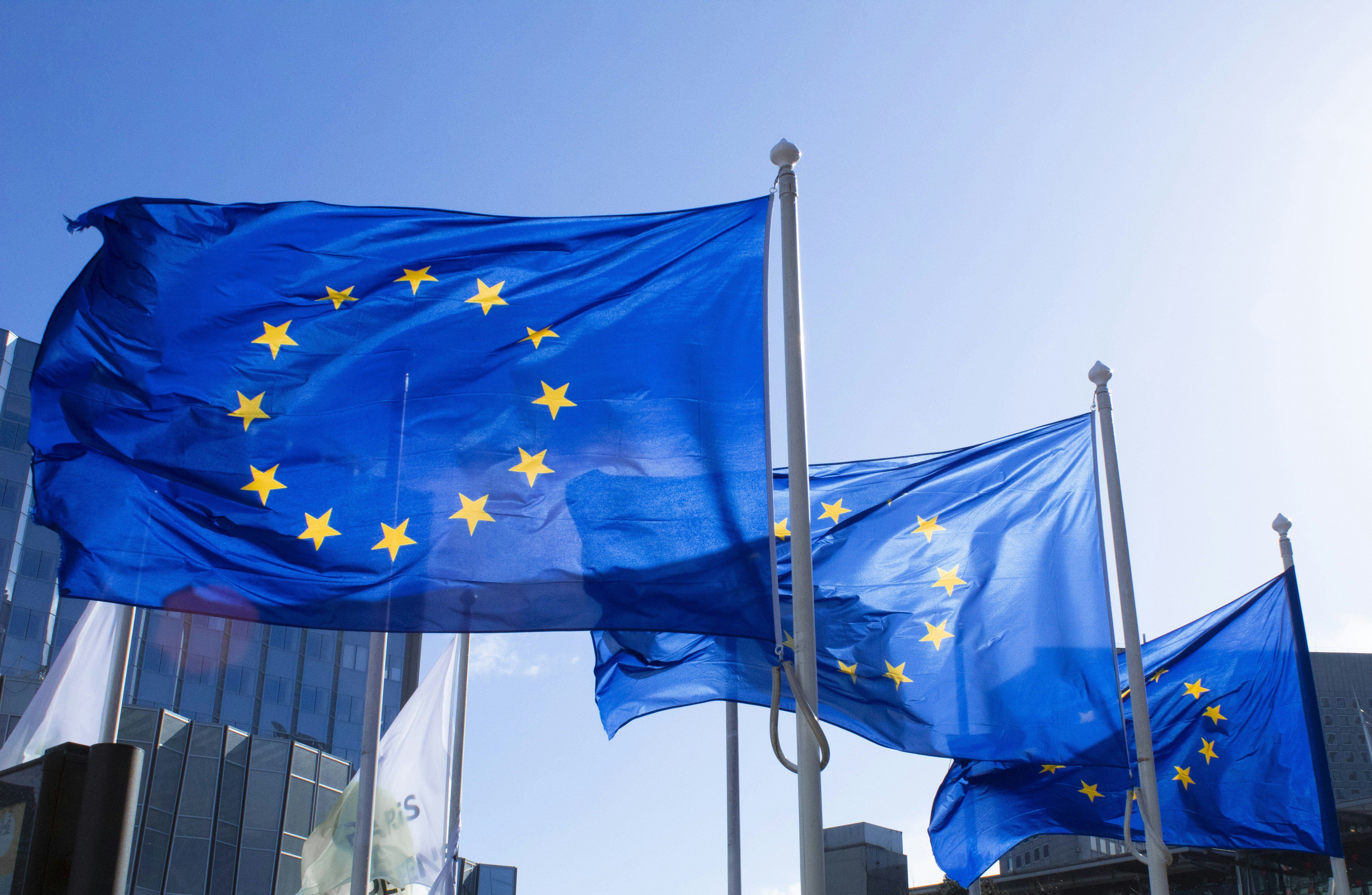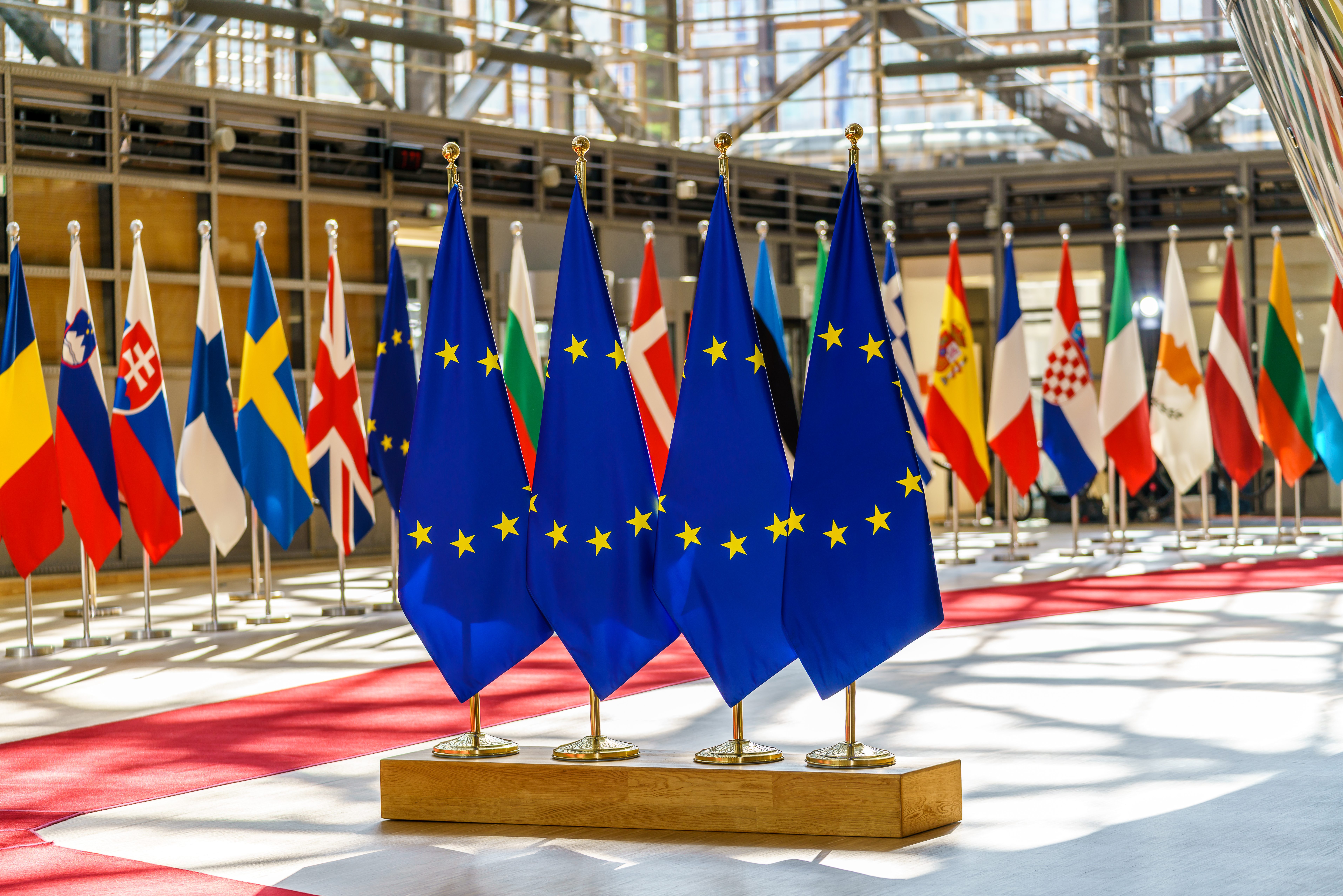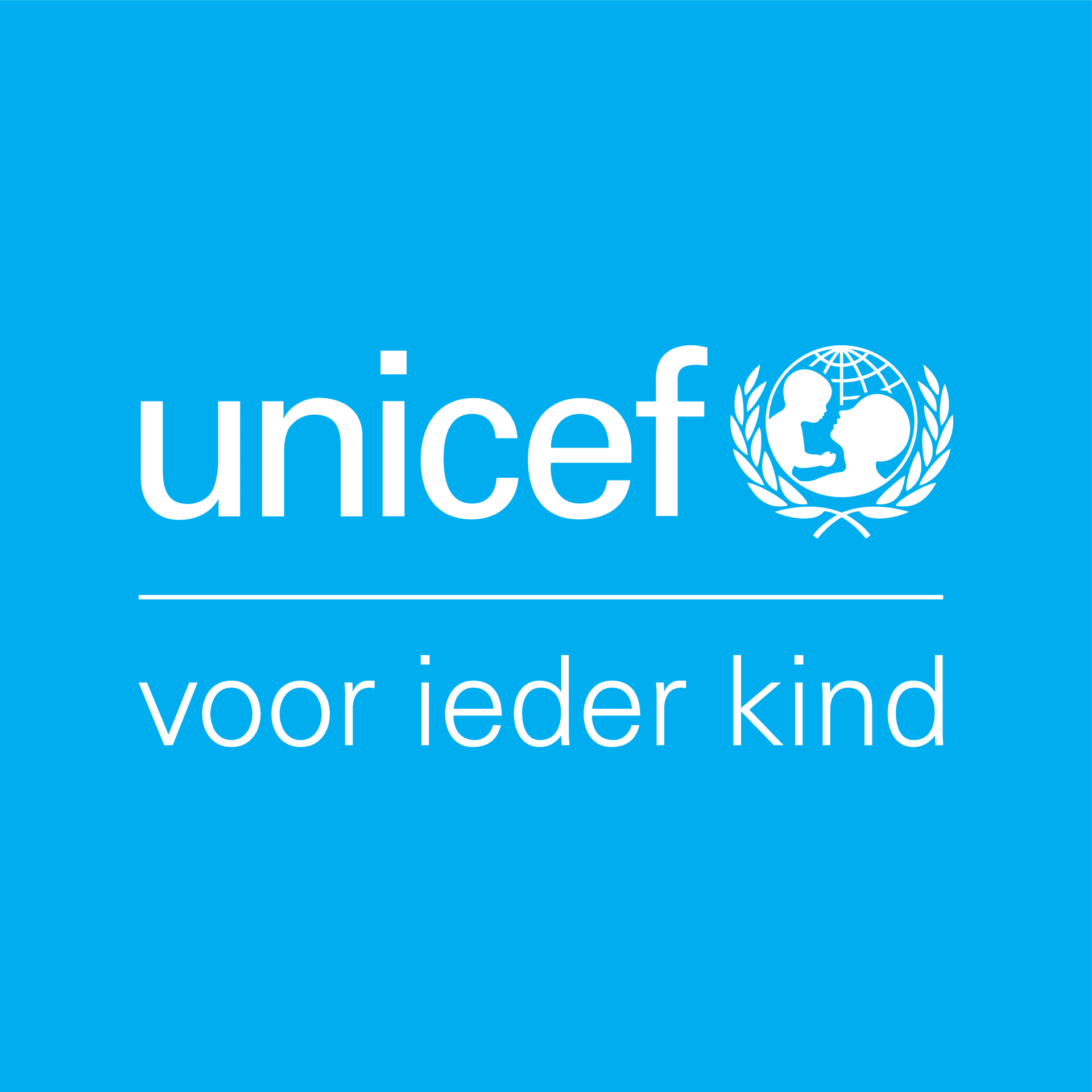The political debate on the Dutch investment climate is “here to stay”
A flood of almost 20 motions in the Dutch House of Representatives last March 19 was the political result of a public discussion about the Dutch investment climate and earning capacity. A public discussion that was further ignited recently – after the earlier departure from the Netherlands of a number of multinationals – by ASML and Boskalis among others. The motions were somewhat general and symbolic here and there and ready to be concretized. Additionally, an adopted motion had a counterproductive effect; well-intentioned political intentions led to the freezing of the Dutch National Growth Fund.
Over the past decade, concerns within both national and multinational companies established in the Netherlands have grown, and alienation from politics has increased. This often involved genuine concerns stemming from societal engagement and sometimes some opportunism from well-understood self-interest. Additionally, foreign investments in Europe and particularly in the Netherlands – also from American companies – are noticeably declining.
In some cases, the alienation is the fault of the business community itself. Out-of-line remuneration choices, less fortunate photos at top meetings with politicians, refusals to participate in political debates, or avoiding questions about politics and policy. Authoritative CEO activism in the Netherlands is granted to very few, or a style is chosen that shocks those in The Hague. Politicians also contribute to the issue: creating apparent contradictions between, for example, Dutch students and expats, inconsistency of positions by saying one thing and voting another, and publicly roasting companies and entrepreneurs. Even the reputation of family businesses is questioned by some due to advocacy concerning the business succession regulation.
Whatever underlying feelings or data predominate, a majority of entrepreneurial Netherlands has wanted to work on the relationship with “The Hague” from a constructive and positive attitude for a long time. While the opposite actually happened: the relationship has become colder and more distant. Both in personal relationships and business contacts. A worrying observation. Because even if you have substantive differences or a different political conviction, there is a mutual interest in keeping contacts warm, keeping the dialogue going, and making policy predictable in the long term.
This has led to a mutual decrease in trust. Whereby the many incidents have been fueled by a longer-observed undercurrent: policy fickleness. Such fickleness makes a company and entrepreneur restless. Internationally operating companies consider investments in the Netherlands ranging from millions to billions of euros. Investments that must be recouped over decades. The common thread of all the questions asked to me is “how predictable and consistent is the policy context in which we operate?”. If this question is answered negatively, investments are postponed, limited, canceled, or made in another country.
The mentioned motions in the House of Representatives seem to be the starting point of a political discussion about the Dutch business and investment climate. This discussion is progressively evolving into a balanced public debate, as evidenced by various Dutch television broadcasts and publications in newspapers. Soon, the House of Representatives will take its turn again with a round table discussion for which companies are invited, and a debate on support for the Eindhoven region. As a result – as the companies hope – a clear positioning of the Netherlands within the European Union and beyond. Because if you want to anchor such policy in the long term, it is precisely this fundamental discussion that is crucial. This discussion about the earning capacity of the Netherlands calls for vision. A vision that politics, ministries, relevant parties from the polder, and companies can develop jointly.
Time for a preliminary conclusion: the debate on the investment climate and earning capacity of the Netherlands is ‘here to stay’. And now let’s hope that MPs crowding in front of the interruption microphone in the House of Representatives will lead to more and sustainable business activity in the Netherlands.













